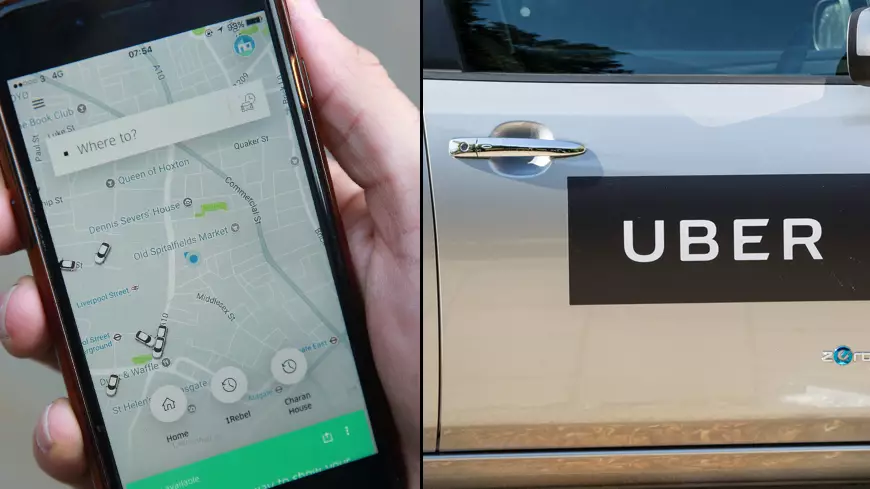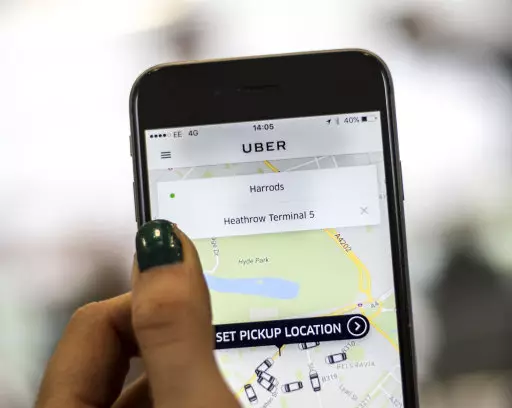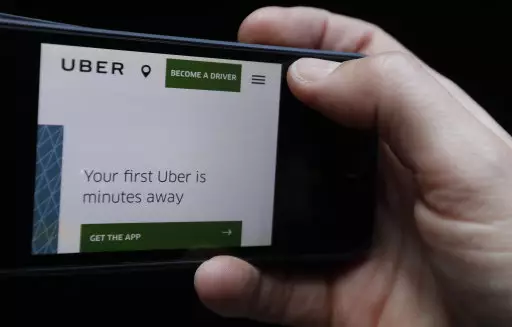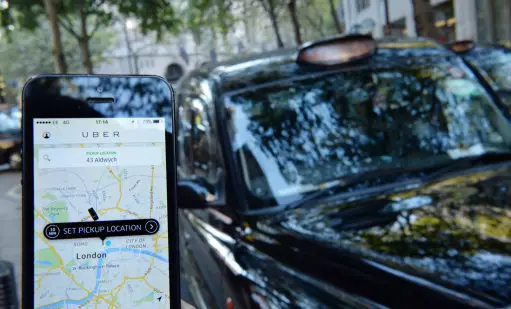
This morning Transport for London announced that it plans to revoke Uber's cap license in the capital due to its approach to reporting criminal offenses.
One part of TfL's announcement references 'Greyball', which refers to a controversial software used by the company that was first exposed earlier this year by the New York Times.
The investigation found that Uber had used the secret program to avoid law enforcement, allowing it to operate illegally without detection. Greyball was created to identify police and other law enforcers and provide them with a fake interface that made it much harder to book taxis.
According to the Times' report, the company used a number of techniques to do this such as analysing people's credit card information to determine whether or not they had ties with a police union. If you were discovered to be opening and closing Uber in certain areas - such as near government offices or police stations - you would also be served the fake version of the app.

Credit: PA Images
The company even looked at social media profiles and identified models of phone likely to be used by law enforcement.
Advert
If you were 'Greyballed' then you would either see fake cars or no cars on the app. If you did manage to book an Uber, the company would call the driver to cancel the ride.
But Uber has defended the software, telling the Independent in March: "This technology is used to hide the standard city app view for individual riders, enabling Uber to show that same rider a different version.
"It's been used for many purposes, for example: the testing of new features by employees; marketing promotions; fraud prevention; to protect our partners from physical harm; and to deter riders using the app in violation of our terms of service."

Credit: PA Images
If you're wondering how it can currently manage to undercut its competitors on prices, this is partly due to the company operating on a multi-billion dollar loss - effectively subsidising each journey in order to grow its customer's base and build a monopoly in the market place. But presumably at some point this loss making will have to change, either by increasing prices or cutting costs by moving towards driverless cabs, which the company has heavily invested in.
Advert
Uber has always insisted that its workers are not employees, but instead self-employed contractors - meaning they are not same rights around pay and conditions as actual employees. However, the company has said that move by TfL threatens to put thousands of workers' livelihoods at risk.

Credit: PA Images
Uber's general manager in London Tom Elvidge said: "By wanting to ban our app from the capital, Transport for London and the mayor have caved in to a small number of people who want to restrict consumer choice.
Advert
"If this decision stands, it will put more than 40,000 licensed drivers out of work and deprive Londoners of a convenient and affordable form of transport.
"To defend the livelihoods of all those drivers, and the consumer choice of millions of Londoners who use our app, we intend to immediately challenge this in the courts."
The transport governing body says the rules and regulations around the licence are in place to ensure passenger safety, adding in a statement: "TfL has concluded that Uber London is not fit and proper to hold a private hire operator licence.
"TfL considers Uber's approach and conduct demonstrate a lack of corporate responsibility in relation to a number of issues which have potential public safety and security implications."
Featured Image Credit: PA ImagesTopics: Uber